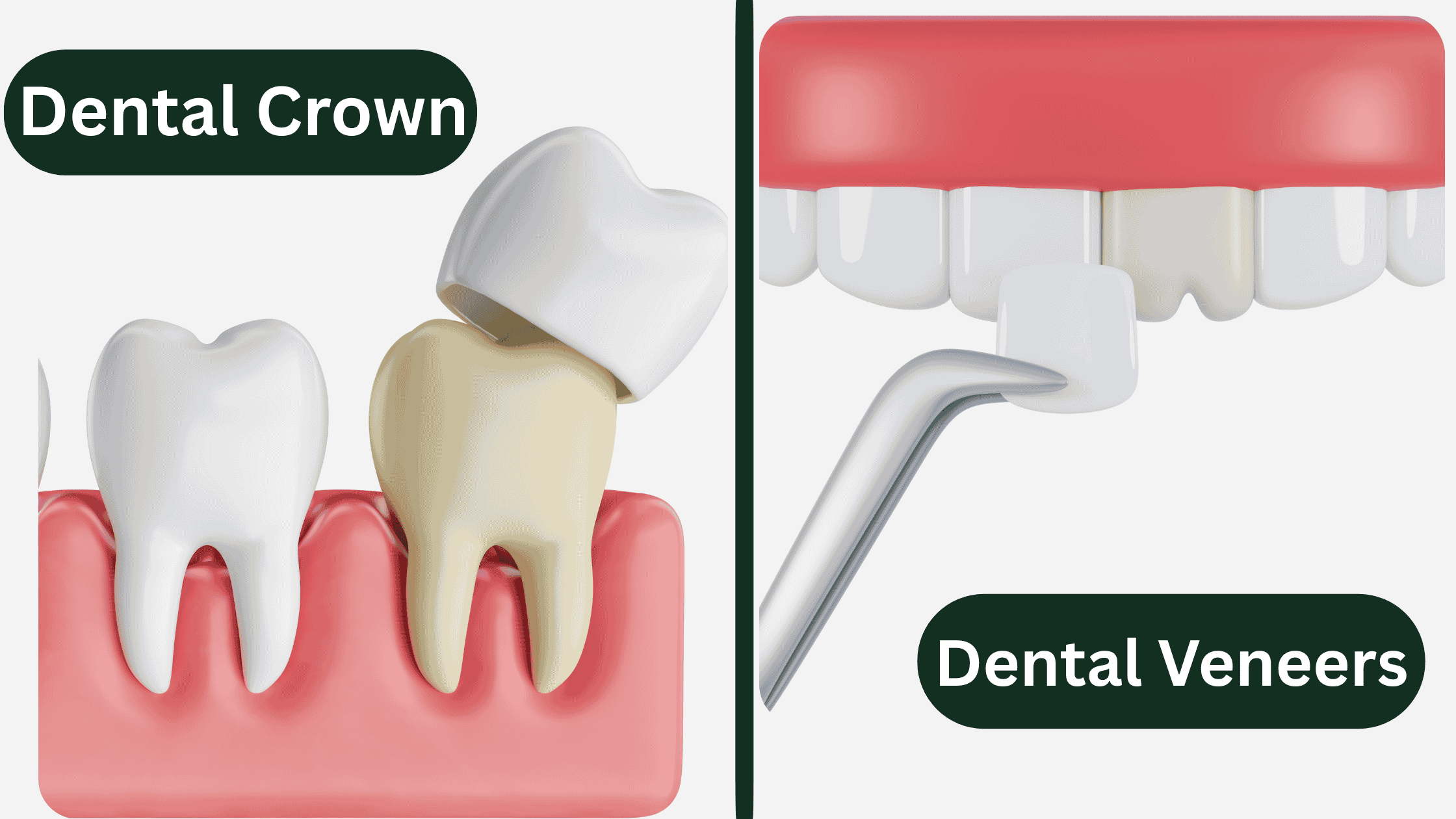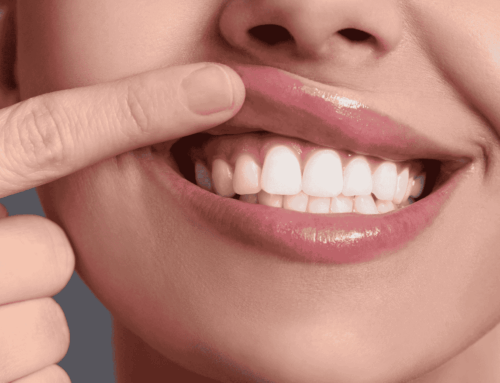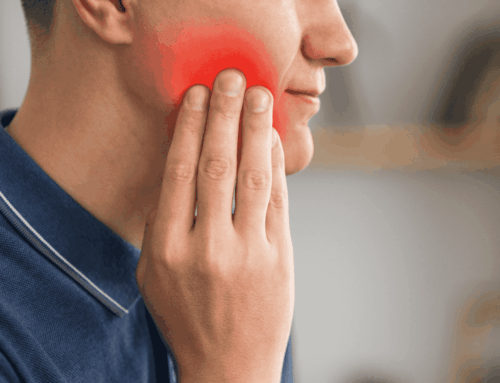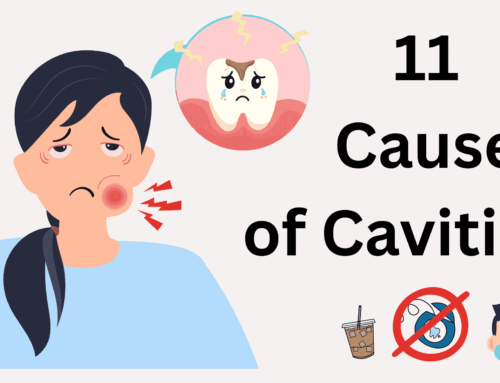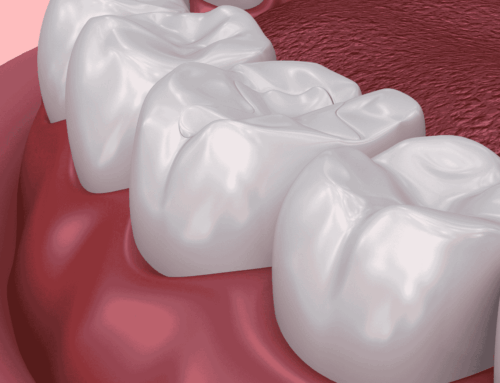By Dr. Nihal Nayak | General Dentist, BBiomedSc (Aus), BBiomedSc (Hons), BDentHSc (Aus), MDent (Aus)
When you’re looking to improve the look or strength of your teeth, two options often come up: crowns and veneers. While they can both enhance your smile, they work in very different ways and serve distinct purposes. That’s why it’s important to understand what each treatment involves before deciding what’s right for you.
Whether you’re dealing with damaged enamel, chipped teeth, or you simply want a smile makeover, knowing the key differences between veneers and crowns can save you time, money, and future dental work. In this guide, we’ll break it all down in plain terms, what they do, how they’re applied, and when each one makes the most sense. By the end, you’ll have a clearer picture of which treatment aligns with your dental goals and needs.
Key Takeaways
Dental crowns in Australia cost around $1,500 on average, depending on the material used for the crown, Porcelain veneers cost around $1200-$2100 per tooth, depending on the material and the goals. Crowns are ideal for restoring strength to damaged or weakened teeth, while veneers are better suited for cosmetic fixes on otherwise healthy teeth. Crowns generally last 10 to 15 years, compared to 7 to 10 years for veneers. Choosing between the two depends on your dental condition, lifestyle, and long-term goals.
What Are Dental Crowns?
Dental crowns are custom-made caps that completely cover a damaged or weakened tooth. They’re designed to restore the tooth’s shape, strength, and function, all while blending in naturally with the rest of your smile. Crowns are often made from porcelain, ceramic, or metal, and are securely bonded in place by your dentist.
As experienced dental experts in Doncaster, we know that in most cases, crowns are recommended when a tooth is severely decayed, cracked, or has had root canal treatment. Since they cover the entire surface of the tooth, they provide more protection than veneers. Crowns can also support dental bridges or serve as the final restoration for dental implants.
What Are Dental Veneers?
Dental veneers are thin, custom-crafted shells that cover the front surface of your teeth. Made from porcelain or composite resin, veneers are designed to improve the appearance of teeth that are stained, chipped, slightly misaligned, damaged, or uneven in shape. They’re a popular option for patients looking to achieve a brighter, more uniform smile without undergoing extensive dental work.
Veneers are bonded directly to the front of each tooth, creating a natural look while enhancing colour and symmetry. Because only a small amount of enamel is removed during the process, veneers are considered minimally invasive. That makes them a common choice for cosmetic upgrades when the underlying teeth are still healthy and strong. Veneers are highly customisable dental restorations that can be tailored to meet both the aesthetic desires of the patient and the functional and anatomical considerations assessed by the dentist. The final outcome is a collaboration between the patient, dentist, and often a dental technician.
The Key Differences Between Crowns and Veneers
| Feature | Crowns | Veneers |
| Coverage | Encloses the entire tooth | Covers predominantly only cover the front surface |
| Purpose | Restores strength, protects damaged or treated teeth | Strengthen chipped or worn teeth, or can be used to improve aesthetics |
| Common Uses | Cracked, decayed, or root canal-treated teeth | Stained, chipped, or uneven front teeth |
| Material Options | Porcelain, ceramic, metal, or a combination | Porcelain or composite resin |
| Durability | Very strong and durable under biting pressure | Durable, but not as strong as crowns for heavily used teeth |
| Aesthetic Benefits | Natural-looking that are colour matched with other teeth | Very natural appearance with minimal change to tooth shape |
Pros and Cons of Crowns
Dental crowns are a popular solution when a tooth needs more than just a cosmetic fix. Because they cover the entire tooth, crowns offer protection, support, and a natural appearance all in one. But like any dental treatment, there are trade-offs to consider before going ahead.
Pros of Crowns
- Added strength: Crowns reinforce weak or damaged teeth, helping to prevent further cracking or decay.
- Durable material: With proper care, a crown can last for over a decade, sometimes even longer.
- Custom fit: Your crown is shaped and coloured to match the rest of your smile, so it looks and feels natural.
- Versatile use: They’re not just for damaged teeth, they’re also used to finish implants or support dental bridges.
Cons of Crowns
- More invasive: To place a crown, more of the natural tooth structure needs to be trimmed back. However, this is not always the case. The amount of preparation required is highly dependent on the tooth in question.
- Higher cost: Depending on the material and complexity, crowns can be more expensive than other options like fillings
Pros and Cons of Veneers
Veneers are one of the most popular ways to transform your smile without undergoing major dental work. Designed to correct imperfections in shape, colour, or alignment, they offer fast results with a natural finish. But while veneers come with plenty of cosmetic benefits, there are also a few limitations to weigh up before going ahead.
Pros of Veneers
- Noticeable cosmetic improvement: Veneers can brighten your smile and mask flaws like discolouration, chipped edges, or uneven spacing.
- Durable materials: Porcelain veneers, in particular, are resistant to staining and built to last.
- Custom-fit design: Each veneer is shaped and shaded to match your natural teeth, giving a seamless and realistic result while considering the anatomical and functional aspects of smile design.
- Long-lasting solution: When well cared for, veneers can maintain their appearance for many years
Cons of Veneers
- Higher cost: Veneers, especially those made from porcelain, can be expensive and aren’t usually covered by private health insurance.
- Permanent change: The process involves removing a small layer of enamel, which means it can’t be undone.
- Tooth sensitivity: Some patients notice mild sensitivity to hot or cold foods in the weeks following treatment.
- Ongoing care: While strong, veneers still need regular dental visits and gentle brushing to keep them in good shape.
- Not ideal for everyone: If your teeth are significantly damaged or weakened, your dentist may recommend a crown instead.
- Risk of wear and tear: Veneers can still chip or crack, particularly if you grind your teeth or bite into hard foods.
Which Lasts Longer: Crowns or Veneers?
When deciding between crowns and veneers, longevity is an important factor to consider. Both options are strong, long-term solutions for enhancing your smile, but crowns generally offer greater durability. Since crowns cover the entire tooth and withstand more bite force, they tend to outlast veneers—especially when crafted from materials like zirconia or porcelain-fused-to-metal. Veneers, which only cover the front surface of the tooth, are more vulnerable to wear and chipping over time. Ultimately, the lifespan of either option depends on your oral hygiene, lifestyle habits, and commitment to regular dental check-ups.
Choosing What’s Best for Your Smile
Crowns and veneers both offer effective ways to enhance your smile, but they’re not one-size-fits-all solutions. The right choice depends on your specific needs, whether you’re restoring a damaged tooth or simply looking to improve its appearance. Your habits, oral health, and long-term goals all play a part in finding the best fit.
That’s where expert advice makes all the difference. At The Pines Dental Centre in Templestowe, we take the time to understand what you’re looking for and help you choose the treatment that’s right for your smile, and your lifestyle. Whether you need strength, aesthetics, or a bit of both, we’re here to guide you every step of the way. Are you ready to explore your options? Book a consultation today and let’s find the best path forward for your teeth.
Author

General Dentist – BBiomedSc (Aus), BBiomedSc (Hons), BDentHSc (Aus), MDent (Aus)
Dr. Nihal Nayak is a highly qualified general dentist with a strong academic foundation in biomedical and dental sciences.
Passionate about comprehensive patient care, he takes pride in creating a welcoming environment while delivering clinical excellence.
His goal is to empower patients with knowledge and confidence in every aspect of their dental health.

